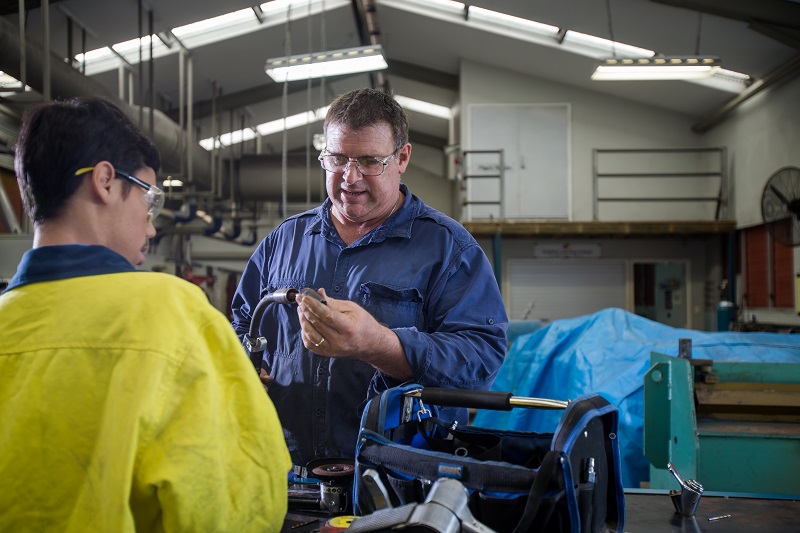So let’s paint the picture.
You’ve been doing your apprenticeship or traineeship for a while now and what seemed like a good idea at first, has started heading in the other direction. In short, you don’t like your apprenticeship.
So what do you do when you’ve started an apprenticeship or traineeship (school-based or not) and it’s not working out?
Working out what you don’t like about your apprenticeship or traineeship
Reflect back on your experiences so far; what’s making the experience difficult?
Here’s some common things that might be affecting your enjoyment:
- Workload
- Finances
- The expectations you had vs what it’s actually like
- The course itself and the content
- Relationships with colleagues
- Things not working out with your boss
- Difficulties with apprenticeship coordination/labour-hire
- Bored with the day-to-day grind
Maybe it’s one major thing, or a combination of things.
Grab a pen and paper and think back through the last week or couple of weeks. Write down as much about what happened on each day, and if you’d call that day good or bad. Was there something particularly bad that happened on the bad days? If each day just felt a bit ‘meh’, there may be something more consistent that you don’t enjoy that’s unlikely to change.
Now let’s take a look back at those common issues that may have ended up on your list, and what you can do to make your life easier.




